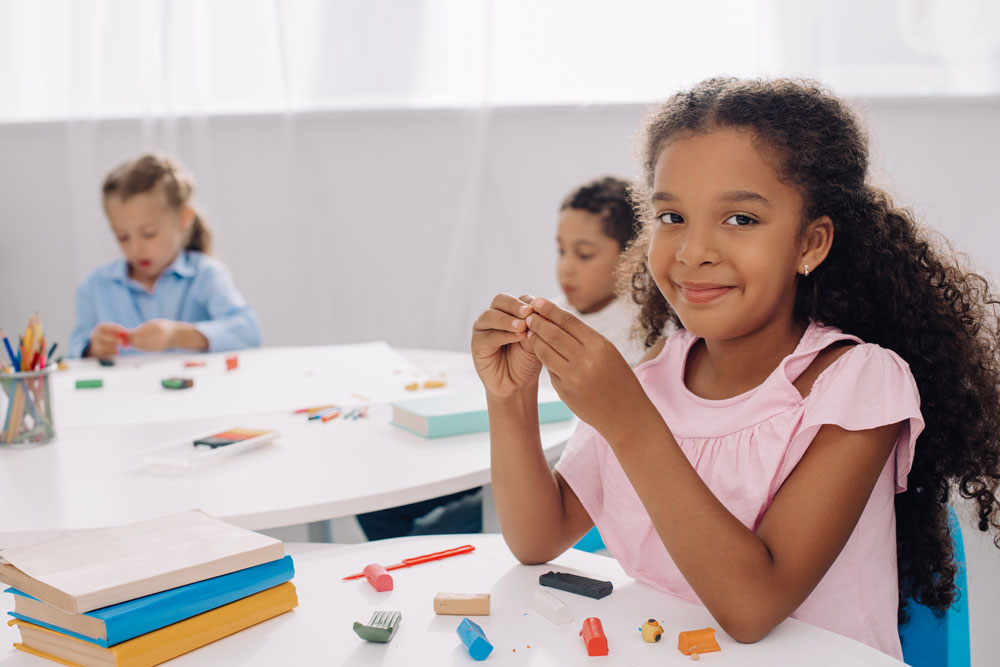Where does high self-esteem come from?
High self-esteem doesn’t necessarily come naturally. Adults, by the way they act and interact, teach young people to believe in themselves and like themselves. Telling and showing young people that they love and accept them for who they are, what they value, and the people they want to become helps build self-esteem. It’s also important to teach young people the values and actions that will build genuine self-esteem, including caring, giving, treating others with kindness and tolerance, and always doing your best in school and other activities. Self-Esteem is Asset 38 of Search Institute’s 40 Developmental Assets, the qualities, experiences, and relationships that help young people grow up healthy, caring, and responsible.
Here are the facts
Research shows that young people who feel good about themselves have positive relationships with parents and peers, increased academic achievement, and a decreased susceptibility to negative peer pressure. Loving yourself is as important as loving other people. About 48 percent of young people, ages 11–18, report having high self-esteem, according to Search Institute surveys. Telling and showing young people you accept and value who they are helps them to feel good about themselves.
Tips for building this asset
A young person’s self-esteem can be affected by many people and situations. Notice how what you say and do affects the young people around you. Young people’s self-esteem increases when they feel loved, respected, and accepted; taken seriously; and listened to. Feeling safe and secure, and able to make choices and do good deeds also boosts self-esteem. The most important key to building other’s self-esteem is to let them know they matter and are an important part of society.
Also try this:
- In your home and family: Compliment your child and let her or him hear you saying positive things about her or him to someone else.
- In your neighborhood and community: Take the time to learn about what the young people in your community think and feel about current events. Ask them not only about school and hobbies, but also their opinions on important issues. Let them know you value what they think and how they feel.
- In your school or youth program: Publicly congratulate young people’s successes with written notes, calls home, or verbal praise. If some students or group members are having a problem, talk to them—or their parents or guardians—privately.
—
Developmental Assets® are positive factors within young people, families, communities, schools, and other settings that research has found to be important in promoting the healthy development of young people. From Instant Assets: 52 Short and Simple E-Mails for Sharing the Asset Message. Copyright © 2007 by Search Institute®, 877-240-7251; www.search-institute.org. This message may be reproduced for educational, noncommercial uses only (with this copyright line). All rights reserved.
